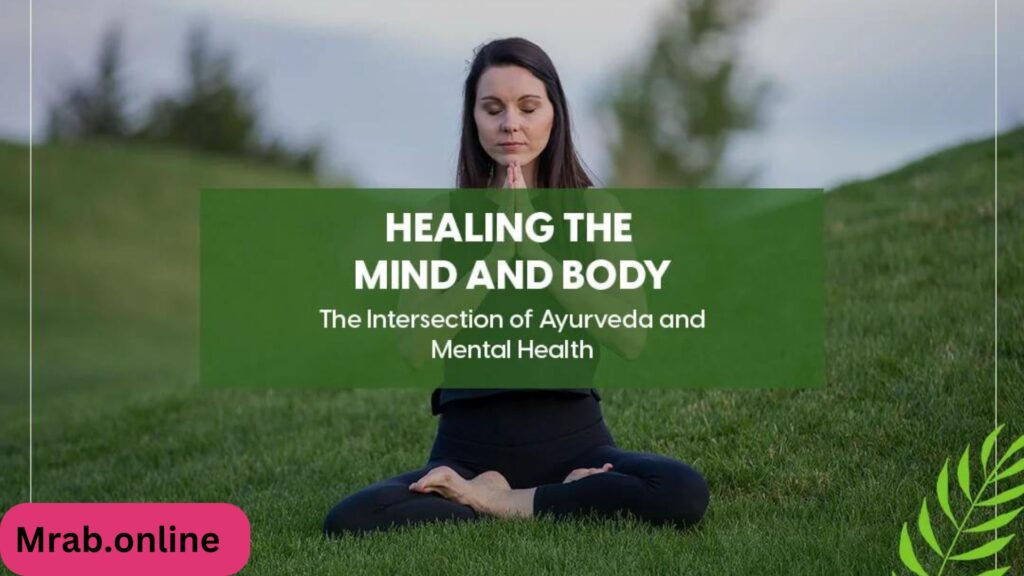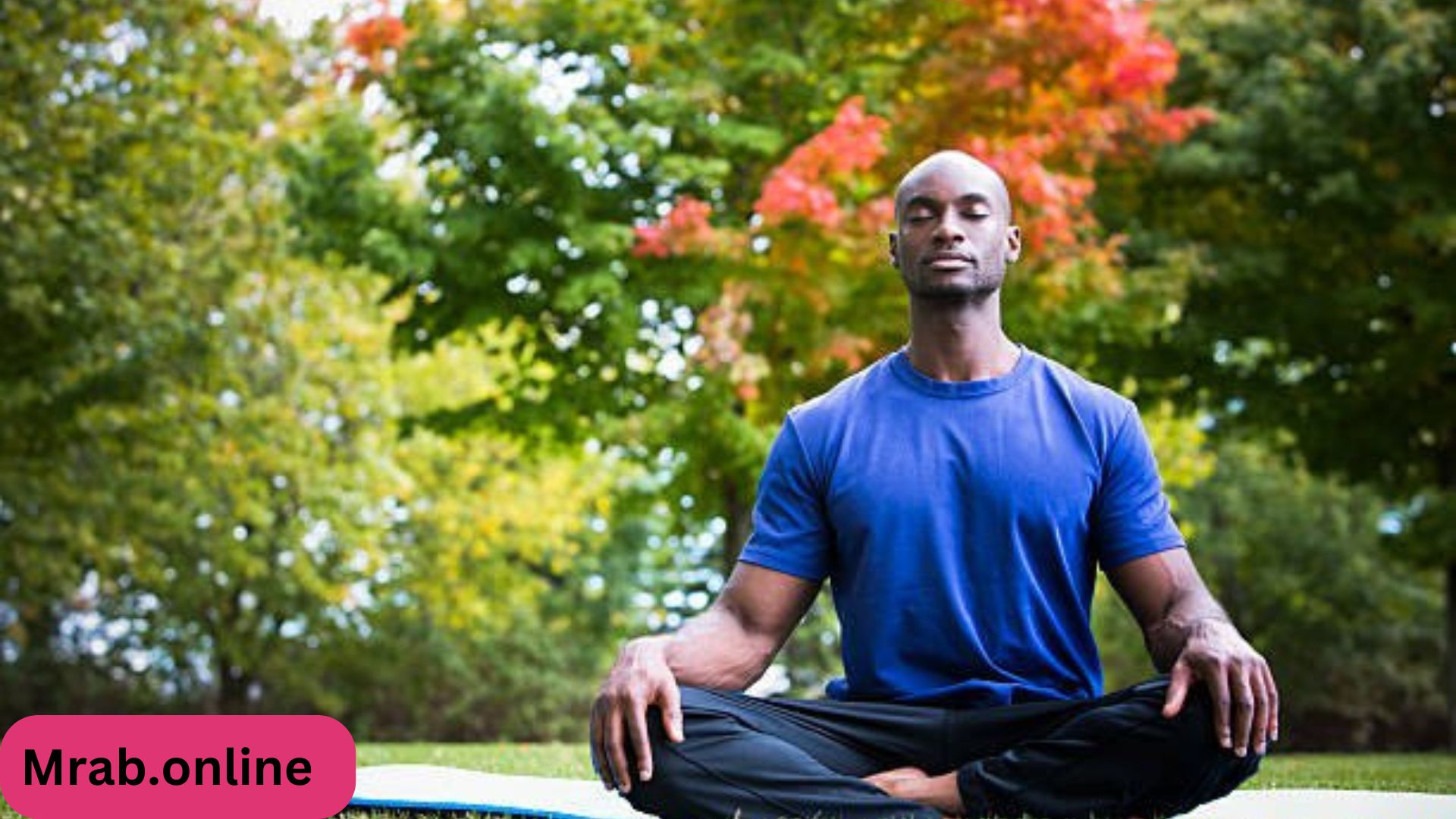Intersection of Body and Health: In today’s fast-paced world, where productivity often takes precedence over self-care, it’s easy to neglect our bodies. We get caught up in the demands of work, family, and social obligations, often forgetting that our physical health is the foundation upon which everything else rests. However, true well-being encompasses more than just physical health; it extends to mental, emotional, and spiritual wellness as well. In this article, we’ll explore the intricate connection between the body and health, emphasizing the importance of a holistic approach to wellness.
The Physical Body: Foundation of Well-being
The physical body serves as the vessel through which we experience life. It requires proper nourishment, exercise, and rest to function optimally. Neglecting these basic needs can lead to a host of health problems, ranging from minor ailments to chronic conditions.
Nutrition: A balanced diet rich in nutrients is essential for maintaining good health. Incorporating a variety of fruits, vegetables, whole grains, and lean proteins provides the body with the fuel it needs to thrive. Additionally, staying hydrated is crucial for proper bodily functions, as water plays a vital role in digestion, circulation, and temperature regulation.
Exercise: Regular physical activity not only strengthens muscles and improves cardiovascular health but also boosts mood and reduces stress. Whether it’s brisk walking, cycling, swimming, or yoga, finding activities that you enjoy makes it easier to incorporate exercise into your daily routine.
Rest and Sleep: Adequate rest and sleep are often overlooked but are equally vital for overall well-being. During sleep, the body repairs tissues, consolidates memories, and regulates hormones. Chronic sleep deprivation, on the other hand, can weaken the immune system, impair cognitive function, and increase the risk of obesity and heart disease.
The Mind-Body Connection: Intersection of Body and Health
The mind-body connection emphasizes the profound influence that mental and emotional states have on physical health. Stress, anxiety, depression, and other negative emotions can manifest in the body as tension, headaches, digestive issues, and even chronic pain. Intersection of Body and Health

Stress Management: Chronic stress triggers the body’s “fight or flight” response, releasing stress hormones like cortisol and adrenaline. While this response is essential for survival in threatening situations, prolonged activation can wreak havoc on health. Incorporating stress-reduction techniques such as meditation, deep breathing exercises, and mindfulness practices can help mitigate the harmful effects of stress. Intersection of Body and Health
Emotional Well-being: Cultivating emotional resilience and fostering positive relationships are vital aspects of holistic health. Engaging in activities that bring joy, practicing gratitude, and seeking support from friends and loved ones can contribute to emotional well-being and overall life satisfaction.
The Role of Environment and Lifestyle Factors
Beyond individual behaviors, environmental and lifestyle factors also play a significant role in shaping health outcomes. Access to clean air and water, safe housing, nutritious food, and healthcare services are essential for promoting health equity and addressing disparities. Intersection of Body and Health
Environmental Health: Environmental pollutants, toxins, and contaminants can negatively impact health, contributing to respiratory problems, allergies, and chronic diseases. Advocating for environmental policies that prioritize clean air, water, and sustainable practices is crucial for protecting public health and safeguarding the planet.
Lifestyle Choices: Smoking, excessive alcohol consumption, and substance abuse are major risk factors for numerous health conditions, including cancer, cardiovascular disease, and liver cirrhosis. Encouraging healthier lifestyle choices through education, community programs, and policy interventions can help reduce the burden of preventable diseases. Intersection of Body and Health
Holistic Approaches to Wellness
Holistic wellness acknowledges the interconnectedness of body, mind, and spirit, viewing health as a multifaceted journey rather than the absence of disease. It emphasizes self-awareness, self-care, and self-compassion, empowering individuals to take an active role in their health and well-being.
Integrative Medicine: Integrative medicine combines conventional medical treatments with evidence-based complementary therapies such as acupuncture, chiropractic care, herbal medicine, and massage therapy. By addressing the root causes of illness and supporting the body’s innate healing mechanisms, integrative approaches offer a holistic alternative to symptom-based treatments. Intersection of Body and Health
Mind-Body Practices: Mind-body practices such as yoga, tai chi, qigong, and meditation promote harmony between the mind, body, and spirit. These ancient traditions incorporate movement, breathwork, and mindfulness techniques to cultivate inner peace, resilience, and vitality.
Holistic Nutrition: Holistic nutrition focuses on nourishing the body with whole, nutrient-dense foods that support optimal health and vitality. It emphasizes the importance of mindful eating, listening to the body’s hunger and fullness cues, and addressing individual nutritional needs based on factors such as age, gender, and activity level.
Conclusion: Embracing Holistic Well-being
Achieving and maintaining optimal health requires a holistic approach that considers the interconnectedness of body, mind, and spirit. By prioritizing nutrition, exercise, rest, stress management, and emotional well-being, individuals can cultivate a foundation of wellness that supports their overall quality of life.
Moreover, addressing environmental and lifestyle factors, advocating for health equity, and exploring integrative and holistic approaches to wellness can further enhance health outcomes and promote a thriving society.
In essence, by honoring the intricate relationship between the body and health, we can embark on a transformative journey toward holistic well-being—one that nourishes not only our physical bodies but also our minds, hearts, and spirits.
